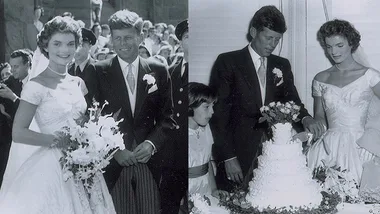Penny-pinching millionaire Ebenezer Scrooge is famous for his mean, miserly behaviour — now new research has suggested that rich people really are less compassionate than their poorer counterparts.
A study by researchers at the University of California, Berkeley, found that poorer people were better at recognising signals of distress in others because they had been through hardship themselves.
People from more privileged backgrounds, on the other hand, found it much harder to notice when someone else were suffering because they hadn’t experienced adversity before.
“It’s not that the upper classes are cold-hearted,” study leader Jennifer Stellar said. “They may just not be as adept at recognising the cues and signals of suffering because they haven’t had to deal with as many obstacles in their lives.
“These latest results indicate that there’s a culture of compassion and cooperation among lower-class individuals that may be born out of threats to their wellbeing.”
Stellar and her team studied more than 300 young adults from different ethnic and socioeconomic backgrounds.
There volunteers were then divided into different classes — lower class, lower middle class, middle class, upper middle class or upper class — based on their parent’s income and education.
A group of 148 participants were then quizzed on how frequently they felt positive emotions such as joy, contentment, pride, love, compassion, amusement and awe.
When the answers were compared, compassion was the only emotion reported at significantly higher levels by people from lower socio-economic backgrounds.
In the second experiment, a new group of 64 volunteers viewed two videos. One was a neutral training film, while the other was an emotional clip about the families of children who have cancer.
All respondents reported feeling ‘sad’ when watching the cancer video, but those from poorer backgrounds reported high levels of empathy and compassion distinctly separate to sorrow.
The remaining 106 participants were then divided into pairs and interviewed for a fictional job.
To make the situation more stressful, they were told the person who performed best would be given a cash prize.
Researchers found that people from poorer backgrounds were quicker to notice when their rival was becoming stressed and reacted with sympathy and compassion.
Richer respondents were less able to detect stress in their opponents, and therefore did not react accordingly.
Stellar said the results don’t mean rich people are uncaring, just that they struggle to detect when others are suffering so don’t realise there is a need for compassion or sympathy.
“Recognising suffering is the first step to responding compassionately,” she said. “The results suggest that it’s not that upper classes don’t care, it’s that they just aren’t as good at perceiving stress or anxiety.”
The study was published in December 12 in the online journal Emotion.



